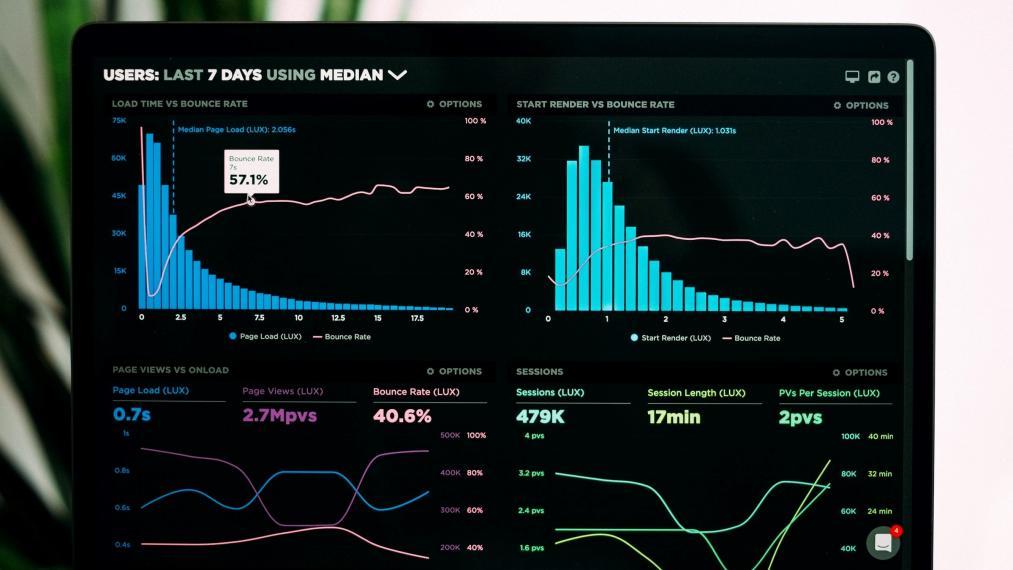Artificial intelligence offers a tool to predict and control outbreaks of avian influenza

Protecting human and poultry health is the goal of University of Guelph researchers developing an artificial intelligence (AI) system to predict early outbreaks of avian influenza.
Dr. Rozita Dara, a professor in the College of Engineering and Physical Sciences, is working with Dr. Shayan Sharif and Dr. Zvonimir Poljak, professors in the Ontario Veterinary College, and postdoctoral scholar Samira Yousefinaghani to build a surveillance system that can predict the occurrence of avian influenza in a region.
“We are hoping to develop an avian influenza surveillance system that allows emergency responders and policy makers to detect the virus as early as possible,” says Dara. “This way, effective control measures can be implemented to prevent outbreaks in different areas.”
In 2017, Dara and her team began developing a decision support system (DSS) for early detection of the avian influenza virus, a highly infectious virus typically spread among birds. This AI system aggregates and analyzes data from open sources such as social media, citizen science databases and weather networks. It also collects data on past viral outbreaks to evaluate the success of previously used control measures.
This disease poses risks to the poultry industry and, in rare cases, human health. So far, the AI system has been tested in Indonesia, where avian influenza is endemic and an abundance of data on the virus is available.
In more than 80 per cent of cases, DSS predicted future occurrences of avian influenza in a region well before its spread, says Dara.
The team is currently looking to gain access to more open data, including Google Trends and land cover data. They hope to build a predictive system for Canada and North America.
While researchers continue to explore the efficacy of COVID-19 mitigation methods, such as social distancing and mask-wearing, DSS is being used to detect and manage the spread of the avian influenza virus, says Dara.
“It’s important that we use the information we have about the viral spread in the past to make decisions that can benefit our future,” says Dara. “We hope to use artificial intelligence and DSS to do just that – to create a safer future for everyone.”
This project was funded by Food from Thought, the Canadian Poultry Research Council, and the Ontario Ministry of Agriculture, Food and Rural Affairs through the Ontario Agri-Food Innovation Alliance.